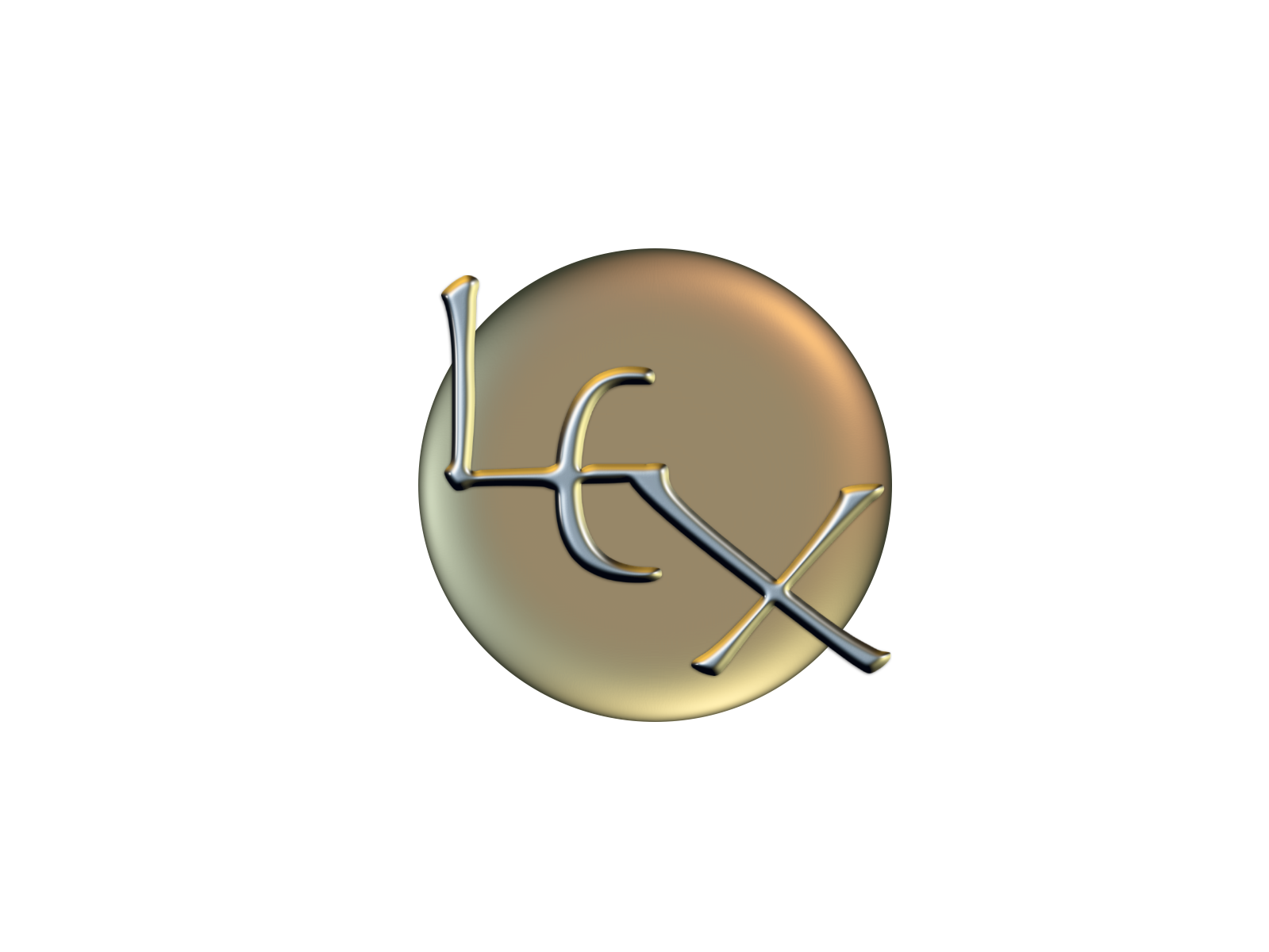Do your kiddos struggle with so-called short vowels?
You know, the ones whose sounds are named for the vowel letters that typically spell them? I mean, what's to struggle with, right?
People who take my classes learn about the problems with the terminology "short" and "long" when it comes to vowels. They also learn why it's not correct to say that a student "can't hear short vowels," unless they are deaf, in which case, they can't hear the long ones or the consonants either. And they also learn why a schwa sound and a 'short u' sound are not the same, even though phonics typically says they are.
So this is a post about short vowels in present-day English. If you want to know about the schwa, I've written about it elsewhere, and I will probably write about it again. But tonight's study is centered on the shawties.
Most phonics types will tell you that English has 5 short vowels, one for each vowel letter: <a, e, i, o, u>. But is that accurate? Are short vowels always spelled with that vowel letter that we call them by? For example, is a 'short a' always spelled with an <a>? And where does a schwa fit in to the vowel system?
Now, the drama queens on Facebook can claim all they want that real expertise is not valuable or necessary, but when kids are struggling with short vowels, and teachers don't even know the difference between a schwa and a short <u>, that's educational malpractice, and it's harming kids, confusing them unnecessarily, and making them worse spellers than they ought to be.
In short, it doesn't have to be that way.
